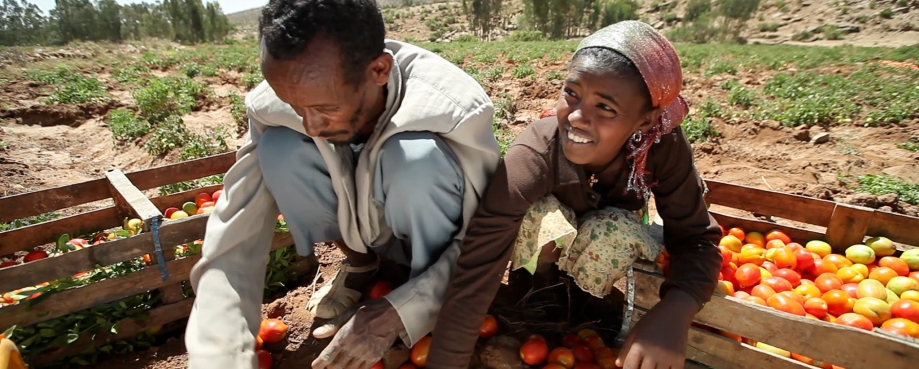
ETI has called for members sourcing from areas where there are well known issues with the mistreatment of migrant workers to either work in partnership with country governments and civil society in “active advocacy”, or cease sourcing from affected areas.
The call comes after an article in Open Democracy revealed extensive abuse of Romanian and African migrant workers in the agricultural sector, including in the Ragusa region of Sicily, a supplier to a number of well-known UK and European food retailers. The article also revealed the use of “ghettoes” for Sub-Saharan African migrant workers trapped in the country and unable to return home due to restrictions on their movements due to Covid-19.
Nick Kightley, ETI Strategic Lead, Food and Farming, comments: “When it comes to the treatment of migrant workers in Italy, some sourcing companies have been too silent for too long and some have turned a blind eye to widespread exploitation and wage levels below the law.
“The need for legal reforms to give migrant workers equal rights is a huge issue not just in Italy but in many Mediterranean countries. Exploitation feeds off informality, and while the Italian government has to take the lead in protecting and supporting migrant workers, especially the most vulnerable, including women, companies could and should be joining NGOs and trade unions to call for reform, or cease sourcing from areas where the abuse of migrant labour is rife.
“Companies which take the decision to move towards active advocacy will not only support workers, but reap the benefits in terms of better functioning supply chains and lower risks to their business operations.
"ETI is calling for active corporate advocacy as a minimum requirement for continuing to trade in areas where the abuse of migrant labourers is a known, and severe issue, and for its members to commit to working alongside the NGOs and trade unions working towards achieving equal rights for migrant workers in Italy and the Mediterranean.
"ETI is able to facilitate advocacy by business, and support member companies to move to an active role in advocating for government action, including in situations where migrant workers may not have been laid off, but are found to be working in miserable conditions, with no rights."
ETI has published a briefing note on the responsibilities of employers towards migrant workers during the Covid-19 crisis. Read it here.
